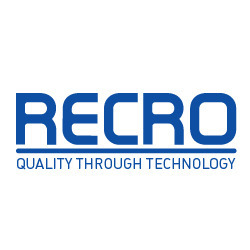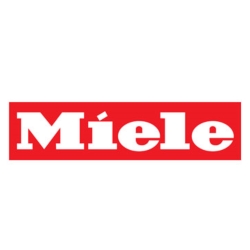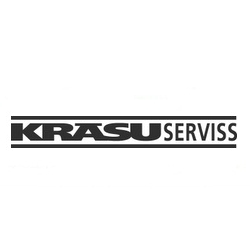Services
A professional and creative approach and a profound knowledge of law can give people what they need the most – innovative solutions and assistance with their issues.
Thanks to our specialisations, the law office NOVIUS can ensure assistance and consultations both on public and private law.
A professional and creative approach and a profound knowledge of law can give people what they need the most – innovative solutions and assistance with their issues.
“The main benefits from our cooperation with the law office NOVIUS are immediate reaction and response and consultation when it is required. I can get the necessary explanation or recommendation on how to act without any delays. In our business it is of the utmost importance.”
Raimonds Aploks, SIA “Rekro” board chairman

“The ability to provide solutions in legal situations, logically predicting the necessary time and resources and the outcome of the case, is a sign of true professionalism. Over the course of many years our company has gained conviction that we can trust that we will receive professional arguments and convincing actions from NOVIUS advocates.”
Jānis Zamovskis, SIA “Miele” VG Baltics Sales Director

“Assistance from the law office NOVIUS is mostly needed in emergency cases and moments of risk. Easy communication and a quick and thorough understanding of the situation are very important to me, therefore I am very satisfied with this long-term cooperation. I am happy to receive professional and results-orientated assistance from the law office NOVIUS, which allows my company to reach its goals more effectively.”
Kristians Gabaliņš, SIA “Krāsu serviss” board chairman

Sīkdatne jeb sīkfails (angļu: cookie — burt. 'cepums'), ir tīmekļa servera nosūtīta neliela teksta virkne klientam (parasti tīmekļa pārlūkprogrammai), kura tiek saglabāta lietotāja datorā kā parasta datne. Ar tās palīdzību serveris var identificēt lietotāju, pārbaudot klienta atsūtīto sīkdatni. Šis mehānisms tika ieviests tādēļ, ka pats HTTP protokols neuztur savienojuma stāvokli, un klienta katru jaunu pieprasījumu serveris uzskata par jaunu klientu.
Sīkdatņu mehānismu apraksta RFC 2965 (HTTP State Management Mechanism), kas iznāca 2000. gadā un nomainīja RFC 2109.
Visbiežāk sīkdatnes izmanto lietotāju autentifikācijai (lietotājam ievadot savu lietotājvārdu un paroli, serveris nosūta uz lietotāja datora unikālu teksta virkni, pēc kā vēlāk var noteikt, ka lietotājs ir pieslēdzies sistēmai), sesijas uzturēšanai, kā arī specifiskas informācijas saglabāšanai par lietotāju. Izmantojot sīkdatnes, lietotājs veido tīmekļa vietni atbilstoši savām vēlmēm un interesēm.
Kopš sīkdatņu ieviešanas daudzi interneta lietotāji ir noraizējušies par personiskās dzīves izsekošanu, jo ar sīkdatnēm var izsekot lietotāja veiktās darbības un ieradumus, kad tas veic tīmekļa lapu pārlūkošanu. Sakarā ar to vairākās valstīs (ASV, Eiropas Savienībā) ir pieņemti likumi, kas regulē sīkdatņu lietošanu. Bez tam sīkdatņu negatīvs aspekts ir slikta drošība, jo tās ne vienmēr var precīzi identificēt lietotāju (ja datoru izmanto vairāki lietotāji), tās var ļaunprātīgi pārtvert un izmainīt.
Sīkdatnes ir iespējams arī nobloķēt, bet, tiklīdz tas ir izdarīts, var rasties problēmas, jo var nestrādāt kāda no tīmekļa vietnes piedāvātajām funkcijām vai pat liegta piekļuve pie tās. Dažādām pārlūkprogrammām ir atšķirīgi veidi, kā nobloķēt sīkdatnes. Sīkdatnes, kā jebkuru failu, ir iespējams arī izdzēst, bet tas nozīmē, ka uz sīkdatņu pamata veiktie iestatījumi netiks saglabāti.
An HTTP cookie (also called web cookie, Internet cookie, browser cookie, or simply cookie) is a small piece of data sent from a website and stored on the user's computer by the user's web browser while the user is browsing. Cookies were designed to be a reliable mechanism for websites to remember stateful information (such as items added in the shopping cart in an online store) or to record the user's browsing activity (including clicking particular buttons, logging in, or recording which pages were visited in the past). They can also be used to remember arbitrary pieces of information that the user previously entered into form fields such as names, addresses, passwords, and credit card numbers.